
Lead with Confidence
The right education today builds the leaders of the future.
Own the Digital Workplace
Stay ahead in today’s fast-moving, tech-powered world with the skills to thrive.
Higher Certificate in Business Studies
(Minimum one year, maximum 3 years, 126 credits)
Aim
The Higher Certificate Business Studies aims to introduce students to the building blocks of business and the new world of work.
Time Commitment
One year full-time.
Two years of part-time
January and July intakes
Mode of Delivery:
Offered in Distance Mode Only (as per CHE concession)
Course Cost
From R 28,980 for the full qualification. Please enquire for T&Cs
Accreditation
The Higher Certificate (Business Studies), NQF Level 5, is accredited with the Council on Higher Education (CHE), reference no. H/PRO96/E003CAN and is registered with the South African Qualifications Authority (SAQA) with qualification ID 96415.
Admission requirements
A National Senior Certificate or National Certificate Vocational (with certificate pass), a Matriculation Certificate or equivalent. Mature age of 45 years can be admitted, determined by the Recognition of Prior Learning (RPL) portfolio of evidence provided. The National Benchmark Test (NBT) results.
Supporting Documents Required
Certified copy of your ID or Passport
Certified copy of your National Senior Certificate (Matric Certificate) or equivalent qualification
Course Modules:
LEARN MORE
Academic Development
Business Management
Financial Accounting Fundamentals
Human Capital Management
Business Communication
Economics
Marketing
Business Analytics Fundamentals
Entreprenuership
Ethics and Global Citizenship
Aim
This qualification equips students to be ethically effective in business and the new world of work with specific skills in human capital management, marketing, operations management, and economics.
Time commitment
Two intakes: January and July
Full or part-time
Minimum 3 years, maximum 6 years.
Mode of Delivery:
Offered in Distance Mode Only
Course Cost
R385 per credit (R140,140 for the full qualification)
Accreditation
The Bachelor of Commerce, NQF Level 7, is accredited with the Council on Higher Education (CHE) reference no. H/PR096/E016CAN and is registered with the South African Qualifications Authority (SAQA) with qualification ID 99752.
Admission requirements
National Senior Certificate (NSC) with a bachelor's pass or equivalent, a Matriculation Certificate (with university exemption) or equivalent, a Higher Certificate or an Advanced Certificate or Diploma in a cognate field. National Benchmark Test (NBT) results. The prior qualification must include a minimum of 50% in Mathematics or Mathematical Literacy.
Supporting Documents Required
Certified copy of your ID or Passport
Certified copy of your National Senior Certificate (Matric Certificate) or equivalent qualification
Course Modules:
LEARN MORE
Basic Level
(First Year)
Academic Development
Financial Accounting
Business Management
Human Capital Management
Business Communication
Ethics and Global Citizenship
Economics
Marketing
Business Analytics
Entrepreneurship
Intermediate Level
(Second Year)
Financial Accounting
Ethical Self-Leadership
Customer Experience
Managing Constant Change
Microeconomics
Industry 4.0 in Manufacturing
Strategic Management and Innovation in the New World of Work
Project Management
Digital Marketing and Sales
Strategic Branding and Integrated Communications
Learning and Development
Basic Applied Psychometrics
Macroeconomics
Aligning Supply Chains
Advanced Level
(Third Year)
Market Research and Analytics
Employment Relations
Teamwork in a Digital Era
International Economics and World Trade
Strategic Value Chain Management
Sustainable Customer User Centered Marketing
Strategic Human Capital Management
Development Economics
Lean, Sustainable Continuous Improvement
Business Integrated Customer Experience
Marketing Work-integrated Project
Human Capital Work-integrated Project
Economics Work-integrated Project
Operations Work-integrated Project
MEMBERSHIPS AND ACCREDITATIONS
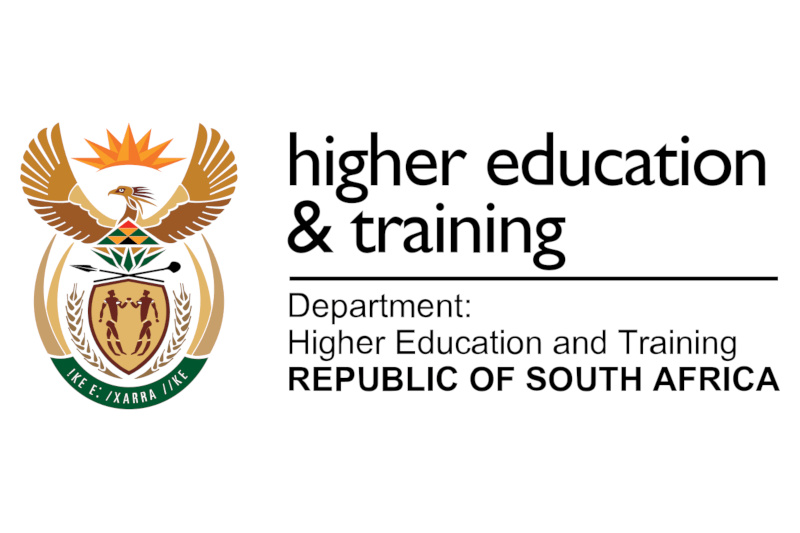
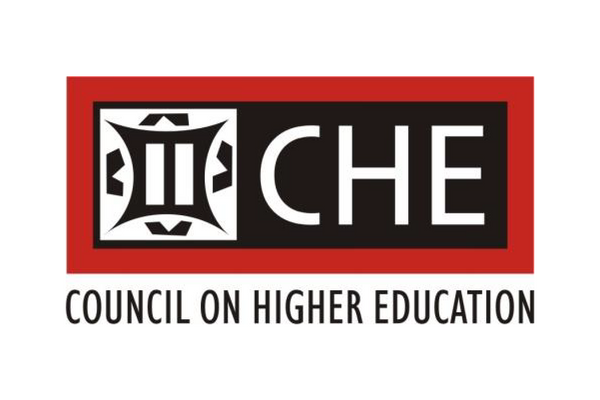

PARTNERSHIPS AND COLLABORATIONS
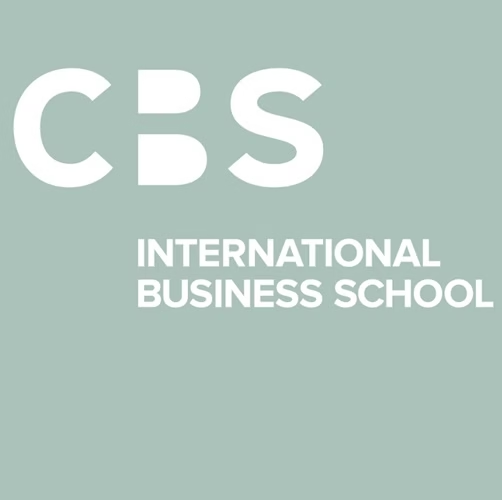
Partnership with CBS International Business School
Cologne, Germany

Partnership with CBS International Business School
Cologne, Germany
Cornerstone Institute Business Studies recently concluded a Memorandum of Understanding with CBS International Business School based in Cologne, Germany. The collaboration aims to develop a programme modelled on the German dual degree system — a practical, skills-based approach delivered in close partnership with industry.
Prof. Dr Nils Finger and Geoff Schreiner co-authored a short paper on this topic (Daily Maverick).
“Working with Cornerstone Institute, we aim to develop a dynamic, future-oriented academic offering that addresses the evolving demands of the local workforce,” — Prof. Dr Nils Finger, CBS International Business School
The programme will be introduced in several phases. Both parties are working closely with the Council on Higher Education (CHE) to ensure accreditation requirements are met at every stage.
- Phone:+27 (0)21 448 0050
- Email:businessstudies@cornerstone.ac.za

Collaboration with Westford University College
United Arab Emirates (UAE)

Collaboration with Westford University College
United Arab Emirates (UAE)
- Phone:+27 (0)21 448 0050
- Email:businessstudies@cornerstone.ac.za

Give Back 100
Campaign
100 bursaries have been donated to Cornerstone Institute for the Higher Certificate in Business Studies (90) and the Bachelor of Commerce (10) programmes.
These bursaries are aimed at supporting deserving students—whether employed or unemployed—who are unable to afford higher education, enabling them to further their qualifications and secure better career opportunities.
The first round of applications—those made before 14 November 2025—has now been considered, and results have been communicated.
The second round of applications—those made between 15 November and 12 December 2025—will be considered in 2026. All these applicants will be notified of the results by 30 April 2026, and those who are selected will be eligible to start in the second semester of 2026.
- Phone:+27 (0)21 448 0050
- Email:businessstudies@cornerstone.ac.za
VOICES OF STUDENTS AND ALUMNI


I really appreciate the time and attention that the Cornerstone staff are taking to build the students. The degree to which they care about our success and our careers is truly incredible. The team has only had my best interests at heart, and have been consistently propelling me towards a future with great things in store!
THE BUSINESS STUDIES DEPARTMENT

Global cutting-edge best practices in business

Excellent student and stakeholder support

Ethical integrity for all
Our focus is on students and employees who have yet to have the opportunity of post-school education. For those without the necessary level of Maths, we offer an entry-level Higher Certificate in Business Studies, which scaffolds into our BCom, where we offer a choice of majors in Finance, Operations, Human Capital Management, Marketing, and Economics.
We recognize that the world of work is changing fundamentally and that many of the old ways of doing things are no longer relevant. We aim to ensure that we equip our students with relevant knowledge and practical skills to prepare them to build their careers in these new times.
Our modules are underpinned by 21st-century skills imperative to the changing world of work. These modules are informed by research with employers in the private and public sectors and introduce our students to topics such as artificial intelligence, strategy deployment, business process automation, agile design, human capital, and customer experience.
Our teaching and learning are based on well-tested theoretical models combined with new pedagogical research, and we offer a flexible set of schedules to accommodate those currently working and those who are not. Our senior lecturing staff have multiple years of experience in the business world, so they are keenly aware of the requirements to develop a successful career in business.
Nowadays, to fully understand business, it is imperative to grasp developments in South Africa, across our continent, and around the globe, while also appreciating the digital trends shaping industries and markets. We are therefore committed to ensuring our students leave Cornerstone with both global insights and digital fluency. Thereby, in whatever setting they find themselves, they will be empowered to change their own world and the worlds of others around them.
THE BUSINESS STUDIES TEAM

Dr Nakuze Chalomba
Academic Lecturer
- Phone:+27 (0)21 448 0050
- Email:Nakuzec@cornerstone.ac.za

Geoff Schreiner
Head of Business Studies
- Phone:+27 (0)21 448 0050
- Email:geoffs@cornerstone.ac.za

Dr Mashford Zenda
Academic Lecturer
- Phone:+27 (0)21 448 0050
- Email:Mashfordz@cornerstone.ac.za

Sharon Brand
Academic Lecturer
- Phone:+27 (0)21 448 0050
- Email:Sharonb@cornerstone.ac.za

Solomon Olanrewaju
Academic Lecturer
- Phone:+27 (0)21 448 0050
- Email:Solomono@cornerstone.ac.za

Tracey-Lee Olivier
Administrator
- Phone:+27 (0)21 448 0050
- Email:traceyo@cornerstone.ac.za

Sara Bux
Academic Lecturer
frequently asked questions
Career Paths
The Bachelor of Commerce degree opens up a variety of career opportunities based on your chosen area of interest. Here are some potential career paths:
Operations:
- Operations Analyst
- Supply Chain Coordinator
- Production Planner
- Logistics Coordinator
- Inventory Analyst
- Process Improvement Analyst
- Operations Assistant Buyer
Marketing:
- Marketing Coordinator
- Brand Assistant
- Digital Marketing Specialist
- Social Media Coordinator
- Market Research Analyst
- Content Marketing Specialist
- Public Relations Assistant
Economics:
- Economic Research Analyst
- Financial Analyst
- Policy Analyst
- Data Analyst
- Business Analyst
- Investment Analyst
- Market Research Analyst
Human Resources (HR):
- HR Coordinator
- Recruitment Assistant
- Talent Acquisition Specialist
- HR Assistant
- Payroll Coordinator
- Training and Development Coordinator
General Information
To apply you may visit our website here, select your preferred course and click on apply now. Our entire application and registration process is online.
Applications for Semester 2, 2025 are Currently Closed.
Application dates for Semester 1, 2026 will be communicated soon.
- Certified ID/Passport
- Certified Grade 12 certificate or NQF equivalent.
Course Details
Financial Information
The cost of the Higher Certificate in Business Studies is R24 950 for the full qualification.
The cost for the BCom is R290 per credit - a total of 366 credits is required for the full qualification.
For both qualifications, you have the flexibility of selecting the number of modules and credits at a pace that fits your budget.
You are able to make application for financial aid and we will endeavour to secure funding for you from external sources.
Student Support
Yes, we have Modules dedicated to providing you with this guidance in year one - your lecturers are also available to be of assistance with your assessments.
If you are struggling academically, you can reach out to our Faculty Administrator (businessstudies@cornerstone.ac.za) who will help to direct you here. For student wellness support, you can contact Student Services student development and support.
The contact details for Student and Technical Support for Business Studies - businessstudies@cornerstone.ac.za
Online Study
Good Wi-Fi, a reliable laptop, a working laptop camera, Office 365 and a quiet place to work.
Yes there is a Module dedicated to providing you with this guidance in year one – you can also ask for technical support through our Help Desk helpdesk@cornerstone.ac.za
The digital library, EBSCOHost, which offers a vast expanse of scholarly resources is freely available to students. This premier online research platform provides academic journals, magazines, newspapers, e-books, and much more.
Certain prescribed ebooks are available by ordering from online bookstores. In addition, hard copy physical resources can be found in our on-campus library.
It is helpful to set time aside at the start of a semester to ensure your set up for online teaching and learning is properly in place and also to spend some time on our FUNDA LMS.
Lectures and Interaction
Live online lectures take place from on weekdays from 4pm to 8pm. Lectures are recorded and can be accessed on our FUNDA learning management system at a later time, if students are unable to attend the live lecture.
Yes, lecturers can be contacted through our learning management system or via the class WhatsApp groups. Lecturers are also available for individual face-to-face or online interaction when necessary.
Both, there are individual and group assessments for each module.
Technical Support
For any technical issues, we have our technology team available at helpdesk@cornerstone.ac.za.
Our Academic Administrator, (businessstudies@cornerstone.ac.za), is also available to assist if you experience any problems on our FUNDA learning management system.
The contact details for Student and Technical Support for Business Studies—are businessstudies@cornerstone.ac.za.
THOUGHT LEADERSHIP ARTICLES

Looking to Germany to reduce graduate unemployment and close SA’s skills gap
Germany may have the answer to solving SA's graduate unemployment and skills gap. (Photo: Unsplash)
Read MoreLooking to Germany to reduce graduate unemployment and close SA’s skills gap

"Financial Fundamentals for Life: A Guide to Financial Stability," dives into budgeting, saving, investing, and debt management — essentials to thrive in South Africa's unique financial landscape.
Read More

Check out our latest article by Geoff Schreiner, Head of Business Studies at Cornerstone Institute, as he dives deep into how CX shapes both business success and the education journey.
Read More

"Taking a look at advancements in New Product Forecasting Techniques," and learn how cutting-edge data-driven approaches are revolutionising market predictions 📈📊📉
Read More
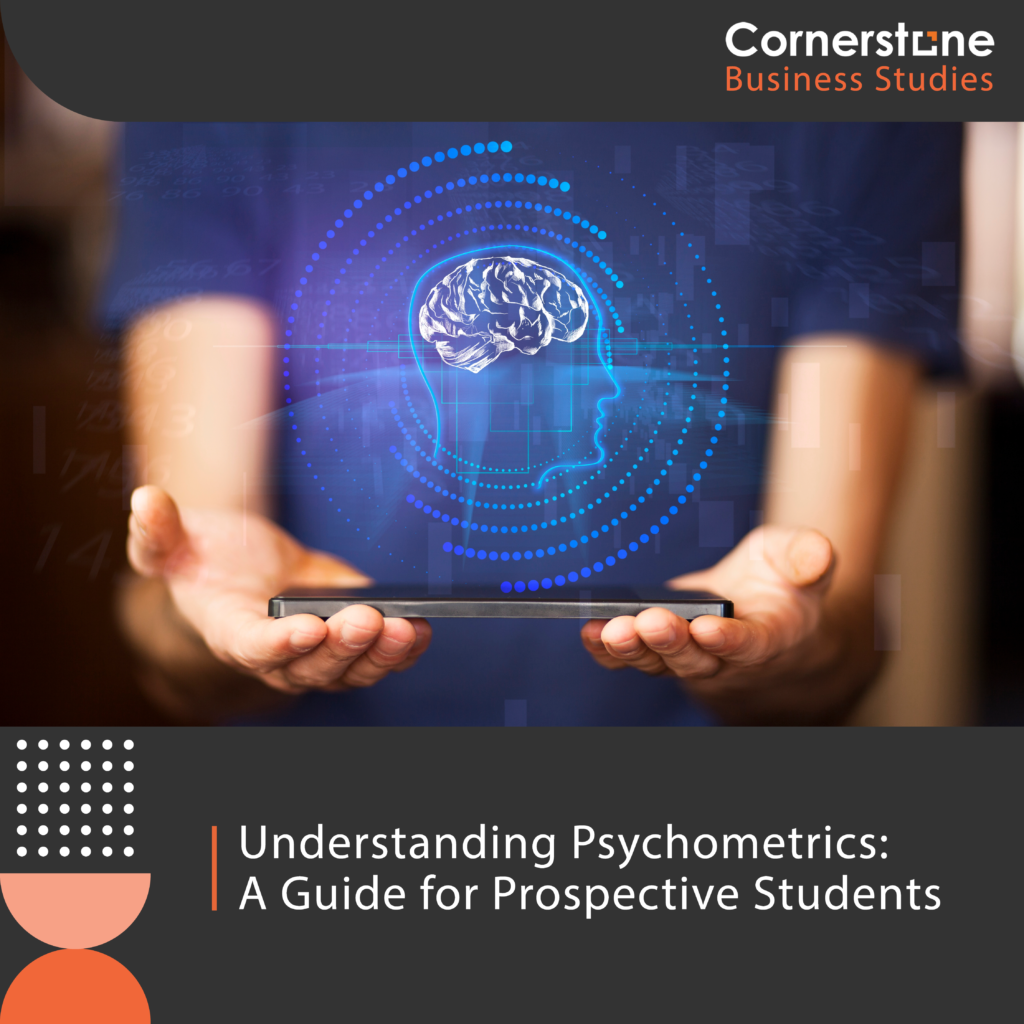
Explore how social media and big data analytics are revolutionising psychological profiling, personalised content delivery and even political campaigns. Dive into the ethical implications and the evolving role of AI in this dynamic field.
Read More

Embracing the Future: Unveiling the Benefits and Confronting the Challenges of Industry 5.0 and Beyond
Dive into Sharon Brand's insightful article on the evolution towards #Industry 5.0. Explore the fusion of human creativity with advanced technology, and anticipate the profound impacts on manufacturing and beyond.
Read MoreEmbracing the Future: Unveiling the Benefits and Confronting the Challenges of Industry 5.0 and Beyond
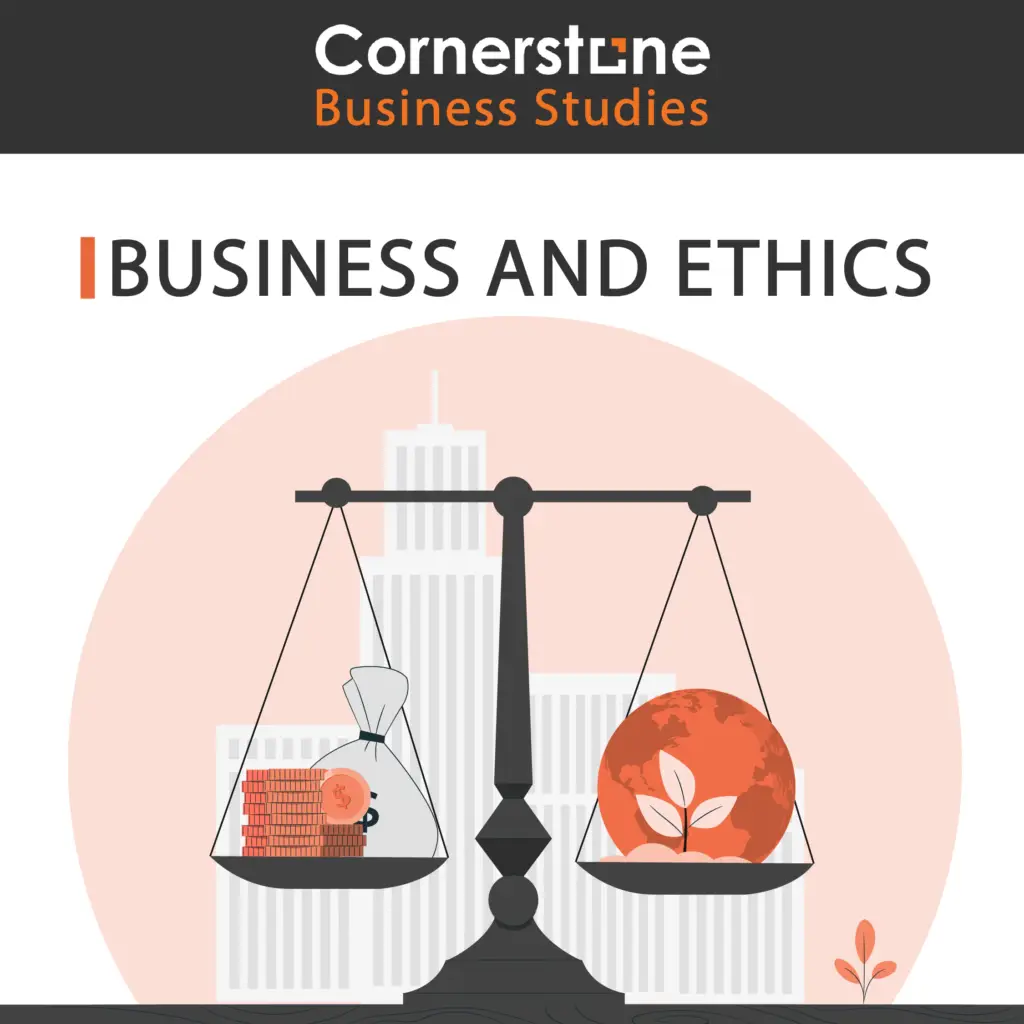
Business and Ethics
Geoff Schreiner, Head of Business Studies at Cornerstone Institute, challenges some of the stereotyping around business and touches on the importance of ethics in our rapidly changing world.
Read MoreBusiness and Ethics

Game Theory - Understanding Strategic Decision Making in Business and Everyday Life
Game theory offers a powerful lens through which to view and manage the strategic interactions that shape our lives, whether in business, politics, or personal relationships.
Read MoreGame Theory - Understanding Strategic Decision Making in Business and Everyday Life

The Essence of Entrepreneurship by Geoff Schreiner, Head of Business Studies
November is considered Entrepreneurship Month, but Global Entrepreneurship Week (GEW) is perhaps better known.
Read MoreThe Essence of Entrepreneurship by Geoff Schreiner, Head of Business Studies

Knowledge and Skills for the New World of Work by Geoff Schreiner, Head of Business Studies
Our future will, of course, be increasingly defined by technology – there are nearly 7 billion smartphones ...
Read MoreKnowledge and Skills for the New World of Work by Geoff Schreiner, Head of Business Studies

Seven Factors to Consider When Choosing a Business Qualification in South Africa
South Africa’s unemployment rate fell by 0,7% in quarter 3 2023 compared to the same time last year.
Read MoreSeven Factors to Consider When Choosing a Business Qualification in South Africa
Application Enquiries
NEWS / EVENTS
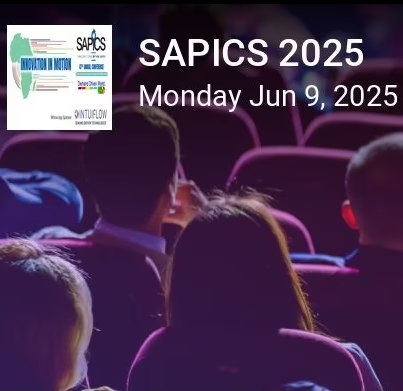
Revolutionizing New Product Forecasting
News and Media

Revolutionizing New Product Forecasting
News and Media

Tackling Inventory Challenges
Business Studies Event

Tackling Inventory Challenges
Business Studies Event
- Phone:+27 (0)21 448 005
- Email:helpdesk@cornerstone.ac.za
- Website:https://sapics.glueup.com/event/122717/

SAPICS Women’s Celebration Event
Business Studies Event

SAPICS Women’s Celebration Event
Business Studies Event

Understanding of Economics through a Gender-Aware Lens
Masterclass

Understanding of Economics through a Gender-Aware Lens
Masterclass



Master the Skills of Tomorrow
Shape your future with recognised qualifications from Cornerstone Business Studies